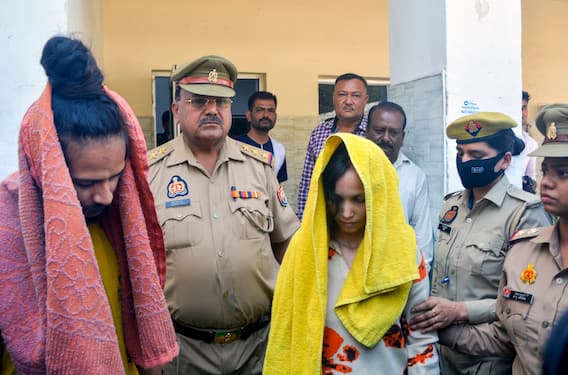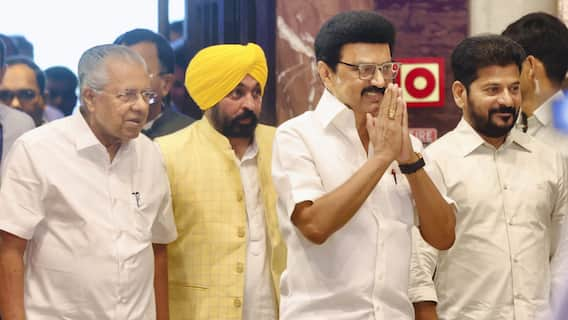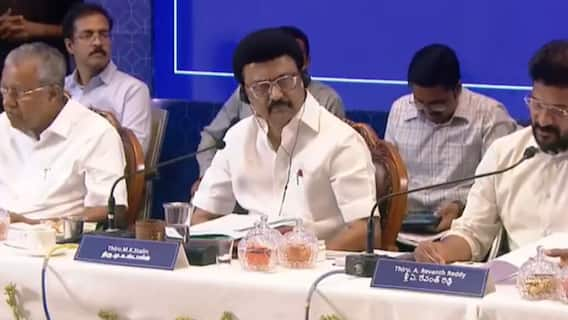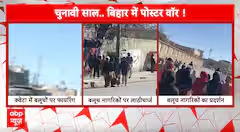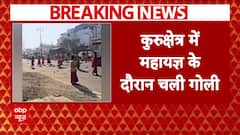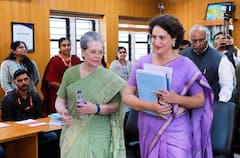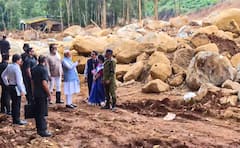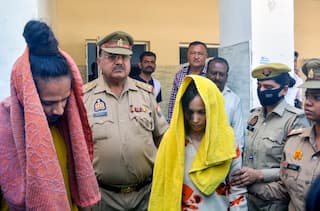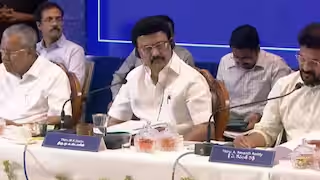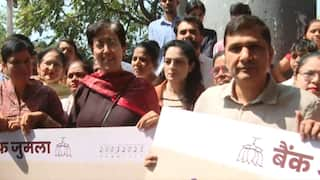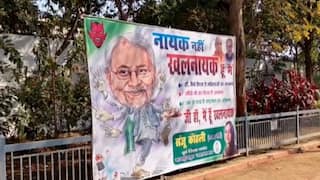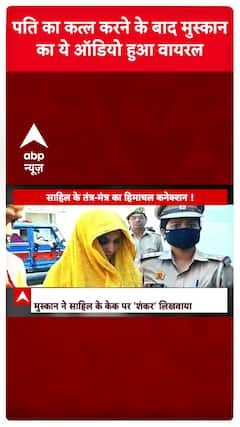Kerala Blast: Who Are Jehovah's Witnesses? Know About Core Beliefs And Presence In India
Kerala Blast: The suspected IED blast took place at an international convention centre in Kalamassery, where hundreds of devoted followers of Jehovah's Witnesses had congregated. Know about this Christian group.

A Christian religious gathering in Kerala witnessed multiple blasts on Sunday morning, resulting in one fatality and 52 injuries, some of which were severe. State Police Chief Shaik Darvesh Saheb revealed that preliminary investigations point to the use of an improvised explosive device (IED) in executing the explosions, news agency PTI reported.
Kerala Health Minister Veena George informed about the injured persons saying, "52 people admitted to different hospitals. 30 people are admitted here, out of which 18 are in ICU and 6 are critically injured, among those 6, one is a 12-year-old child. The rest of the injured are in other private hospitals…the dead person has not been identified yet."
The explosion today took place at an international convention centre in Kalamassery, where hundreds of devoted followers of Jehovah's Witnesses had congregated for the conclusion of their three-day prayer meeting.
Who Are Jehovah's Witnesses?
Jehovah's Witnesses, a Christian religious group with origins dating back to the 19th century in the United States of America, holds distinctive beliefs and practices. The group adheres to a form of Christianity rooted in their interpretation of the teachings and practices of Jesus Christ and his apostles. Jehovah's Witnesses worship Jehovah. It believes Jehovah is the Creator and the God of prominent figures like Abraham, Moses, and Jesus.
The sect has its origin in a Bible Student movement that began in the 1870s by American pastor Charles Taze Russell.
It considers the Bible as God's inspired message to humans, based on all 66 of its books, encompassing the "Old Testament" and the "New Testament." It also recognises that parts of the Bible are written in figurative or symbolic language and are not to be understood literally, states jw.org.
Jehovah's Witnesses believe that Jesus is not God and reject the Trinity doctrine (the belief that God exists in three equal forms — the Father, the Son (Jesus Christ) and the Holy Spirit). It follows the teachings and example of Jesus Christ and honors him as their Savior and the Son of God. It does not venerate the cross or any other images as according to the group, "Bible strongly warns Christians to “flee from idolatry”". The followers of this group also do not celebrate Christmas and Easter.
Jehovah's Witnesses are organized into congregations, each overseen by a body of elders. Elders are not salaried and do not form a clergy class. The organization operates on anonymous donations and does not practice tithing.
A small group of mature Christians known as the 'Governing Body' provides direction for Jehovah's Witnesses worldwide.
ALSO READ | 1 Dead, Over 30 Hurt In Kerala Convention Centre Blast. NIA, NSG On Ground: What We Know So Far
Jehovah's Witnesses In India
Jehovah's Witnesses have 56,747 Ministers who teach the Bible in India, the website informs.
Jehovah's Witnesses have been present in India since 1905 and established a legal registration in 1978. They generally worship without hindrance in India but have been accused of religious conversion in the past, as stated by the website.
"Jehovah’s Witnesses have been present in India since 1905. They established an office in 1926 in Bombay (now Mumbai), and obtained legal registration in 1978. The Witnesses benefit from the guarantees of India’s constitution, which include the right to practice, profess, and propagate one’s faith. Their legal victory in the landmark case of Bijoe Emmanuel v. State of Kerala in the Supreme Court of India has contributed to the constitutional freedoms enjoyed by all citizens," the website reads.
"Jehovah’s Witnesses generally worship without hindrance in India. However, in some states, they have been victims of mob attacks and other acts of religious intolerance. In 1977 the Supreme Court made a distinction between spreading one’s religion and converting others. It held that no one has the right to convert another person and that the anticonversion laws passed by some states were lawful. When dealing with the police, mobs who attack the Witnesses often refer to what the court said and falsely claim that they caught the Witnesses converting people," the page reads.
It further claims that "In states without anticonversion laws, opposers instead accuse the Witnesses of blasphemy, misapplying a law from colonial times to the public preaching work of Jehovah’s Witnesses. As a result, Jehovah’s Witnesses have been the target of over 150 violent mob attacks since 2002."
Subscribe And Follow ABP Live On Telegram: https://t.me/officialabplive
Trending News
Top Headlines








